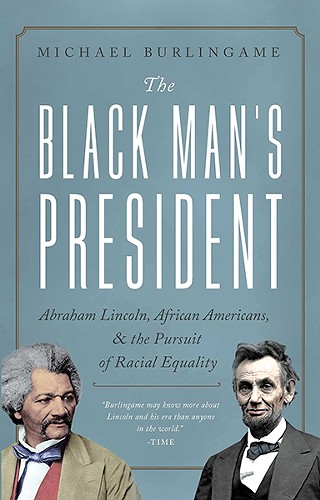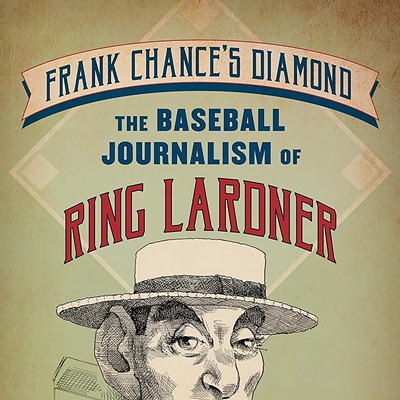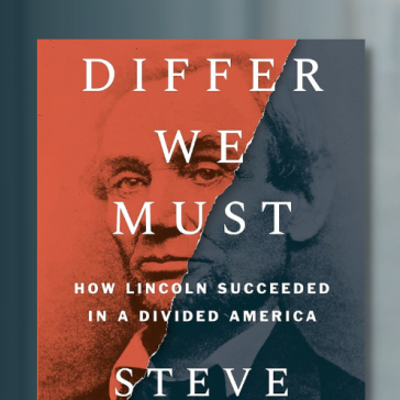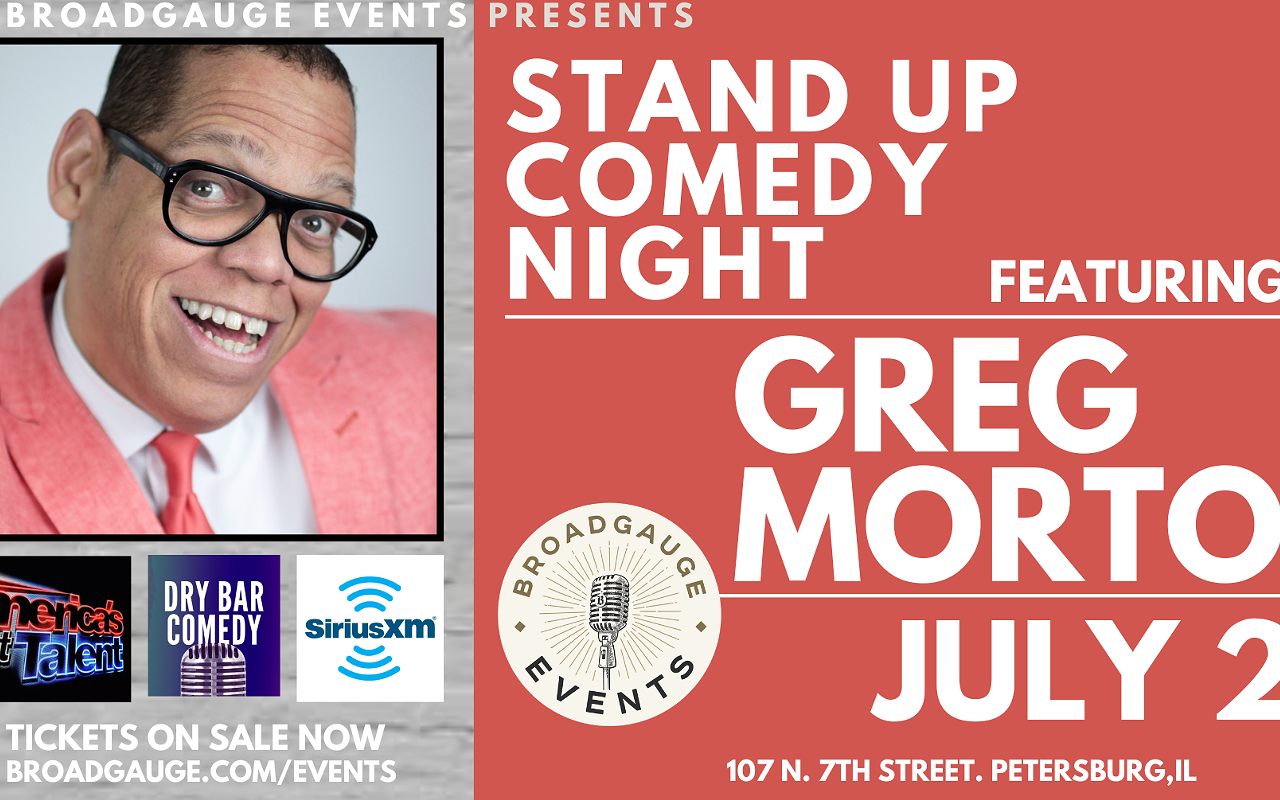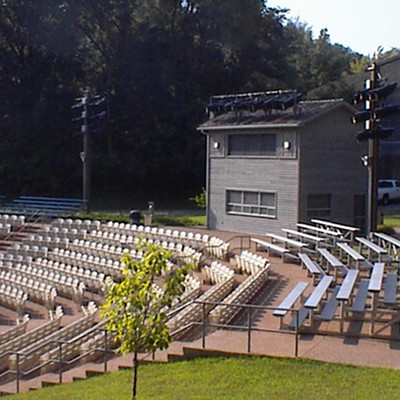The Black Man's President
Abraham Lincoln's legacy on race, reconsidered, stands up to critics
BOOK REVIEW | James Krohe Jr. We used to put on pedestals countrymen deserving of honor for civic generosity or courage on behalf of good causes. Of late, we have taken down more statues than we have put up as the nation reconsiders the very notions of heroism.
Rhetorically, we have been knocking Abraham Lincoln off his pedestal for decades. Since the 1960s every generation of young activists seeking to explain why the citizens of this diverse and fractious nation are not yet singing in perfect harmony has looked at Lincoln's legacy with a skeptical eye. Rude questions about Lincoln and race are being asked again as part of the national discussion excited by the Black Lives Matter movement. As we approach the 113th anniversary of the birth of Abraham Lincoln, a new generation of Americans have reflected on their freshman history courses and concluded that the Great Emancipator was neither great or an emancipator. How, they ask, can we extol as a national hero a man who advocated sending freed slaves back to Africa? Who came late to abolition as a program if not an ideal? Whose Emancipation Proclamation was limited in its effect, being intended to help end the war and only incidentally to end Black servitude?
So historians must again tiptoe to their desks through the rubble of smashed icons. One of them is Michael Burlingame, the Naomi B. Lynn Distinguished Chair in Lincoln Studies at University of Illinois Springfield, who has risen to defend the late president with a new book, The Black Man's President: Abraham Lincoln, African Americans, & the Pursuit of Racial Equality. Much of this material appears in others of his works but he has revisited and reshaped it in answer to today's Lincoln bashers.
At its simplest, The Black Man's President (the phrase, by the way, belongs to Frederick Douglass) is the story of Lincoln's education in race matters, most of its being devoted to accounts of Lincoln's interactions over his career with African Americans from all classes and backgrounds. That education began in Springfield, as Springfield's Dick Hart has been trying to tell people for years. (The book is dedicated to Hart.) The young Lincoln didn't need an education about slavery but he did need to learn about the lives and opinions of free Black people, and Springfield's African American residents, Hart has written, "were a significant part not only of the town's life, but of Abraham Lincoln's life and environment." The Black people Lincoln knew in Springfield were for the most part draymen and servants and barbers, so it was not until he got to the White House that he became acquainted with what Burlingame describes as educated and sophisticated people of color who "helped deepen Lincoln's egalitarian faith and enlarge his frame of reference as he thought about the future of African Americans."
The vignettes describing these encounters are neatly drawn and well illustrate the dimensions and the complications of the issues that various petitioners brought before the president, from colonization to voting rights to black enfranchisement in border states. Just as valuable is Burlingame's appendix, "Evaluation of Evidence Cited to Illustrate Lincoln's Purported Racism." There is no harm and some chance of good in challenging the conventional historical views on Lincoln and race. Historians, like committed social activists and politicians, are creatures of their times and often err. But if one wants to challenge the accounts of past historians, one must be better historians than they were, and, as Burlingame demonstrates, too few critics are.
According to the more extravagant definitions of the term, Lincoln was not only a cynical and self-serving politician when it came to race but an actual racist. The claim is plausible. He was born white and raised among poor whites who barely recognized Black people as human. He also spent his adult years before 1860 in Illinois, which, Burlingame has said, was arguably the most Negro-phobic state in the Union. That Lincoln might share some of the prejudices of those people is hardly remarkable. What was remarkable is how few of those prejudices he shared, a fact noted by a great many of the African Americans who knew him, and how he outgrew them.
In the opinion of many critics, it was not Lincoln's personality but his policies that reveal his racism. Many of those policies date from the pre-presidential years, and his views changed and matured as he did. Now and in his own day, Lincoln is sometimes damned for doing only what was possible even if doing what was right was impossible. Burlingame better understands the depth and the social forces arrayed against Lincoln. What Lincoln's critics damn as timidity was in fact patient politics. Lincoln knew that a president cannot lead until the people are ready to follow. So did Frederick Douglass, who wrote about the president, "He never shocked prejudices unnecessarily. Having learned statesmanship while splitting rails, he always used the thin edge of the wedge first – and the fact that he used it at all meant that he would if need be, use the thick as well as the thin."
Lincoln traveled a long way toward equal rights for African Americans in his 56 years. Much of the country has not moved so far in 156. The fear that enfranchised Blacks would use the mechanism of democracy to unseat whites from their throne animates white antagonism to this day. Denying Black citizens the vote that Lincoln would have given them is the raison d'etre of today's GOP. It would have grieved Springfield's best son to know that, while he ended slavery, the old South would endure as a political and social movement.
Defenders of Lincoln risk being branded as dupes if not racists themselves. Burlingame by now knows what he was getting into; in his acknowledgements he thanks his publisher for daring to publish a book likely to "raise hackles in the stormy political and cultural climes of 2021." In Burlingame Lincoln has a worthy advocate, judicious, informed and temperate, and open-minded readers will find his book well worth the reading.
Longtime IT contributor James Krohe Jr. is the author of Corn Kings & One-Horse Thieves, a history of mid-Illinois. His Illinois writing can be found at The Corn Latitudes at www.jameskrohejr.com.

